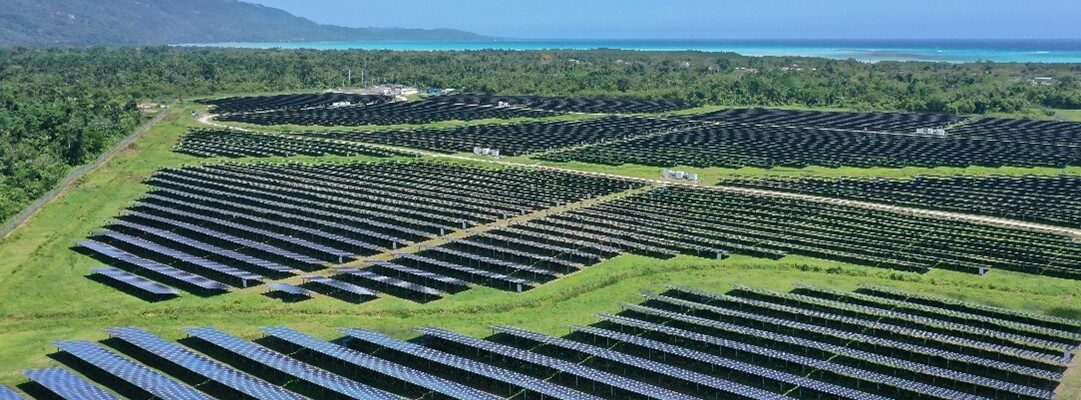
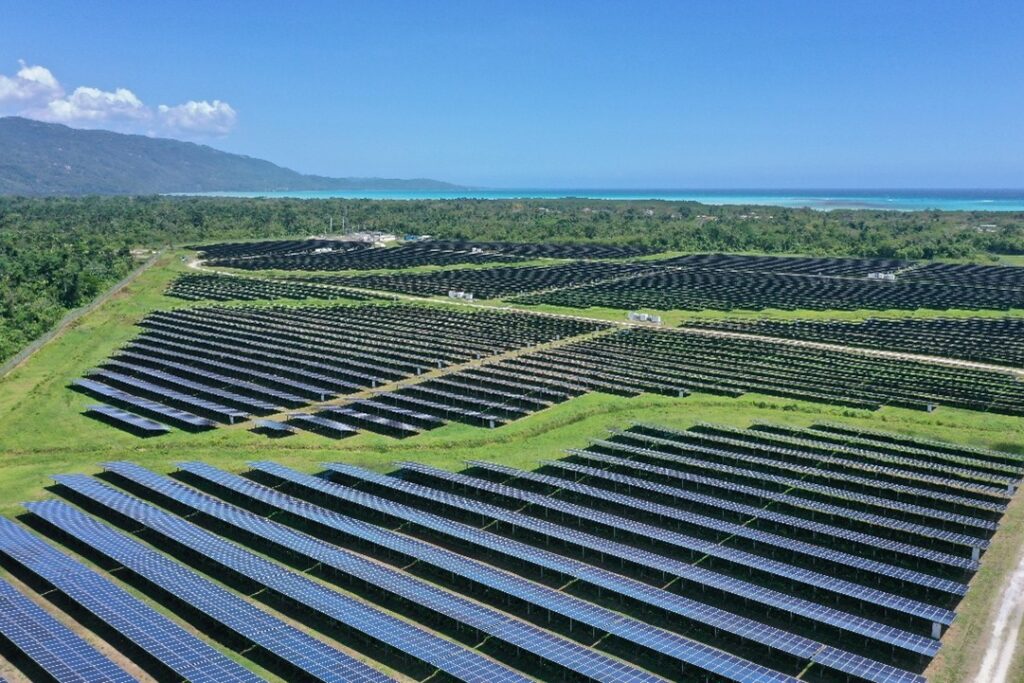
Regional integrated energy provider InterEnergy Group has disclosed that it is now in the process of rebuilding the 52-MW Eight Rivers Solar Park (Paradise Park), located in Westmoreland, which suffered catastrophic damage during the passage of Hurricane Melissa on October 28.
InterEnergy, which has 350 MW of installed capacity in Jamaica, reported that the damage was due to the hurricane’s extreme winds, which reached a maximum intensity of 300 kilometres/hour.
In response to this, the group has announced a comprehensive reconstruction plan for the solar park aimed at restoring its generation capacity, strengthening its infrastructure to withstand increasingly severe climate events, and actively contributing to Jamaica’s energy recovery.
This reconstruction, InterEnergy said, reflects its unwavering commitment to Jamaica, a country where the group has maintained a strategic and long-term presence.
“Our priority will always be our people and the communities where we operate. In Jamaica, we have witnessed the strength of the human spirit in the face of adversity, and we are committed to supporting the country’s recovery with concrete actions,” said Rolando González Bunster, chairman and CEO of InterEnergy Group.

“We will immediately begin rebuilding the Eight Rivers Solar Park, in a stronger, safer, and more resilient way, reaffirming our commitment to the energy future of Jamaica and the Caribbean.”
InterEnergy acquired the solar plant earlier this year at a cost of US$18 million. The asset was previously part of the portfolios of NEOEN and MPC Caribbean Clean Energy Limited.
Eight Rivers Solar Park became operational in 2019 and is Jamaica’s largest solar facility, with a capacity of 51 MWp, delivering the island’s most cost-effective energy. The plant plays a key role in supporting Jamaica’s renewable energy targets by generating over 80 gigawatt hours annually and avoiding the emission of approximately 13,500 tons of carbon dioxide, equivalent to the annual electricity consumption of around 20,000 average Jamaican homes.
InterEnergy still running on thermal
Hurricane Melissa is the most powerful to make landfall in Jamaica since the National Oceanic and Atmospheric Administration (NOAA) began keeping records.
Despite the hurricane’s impact, InterEnergy’s main thermal power plants in Jamaica, Doctor Bird I and II, West Kingston Power Partners (WKPP) and Jamaica Private Power Company (JPPC), remain in safe and stable operation, continuing to supply 250 MW of uninterrupted power to the national grid.
These plants have once again proven their resilience and essential role in maintaining the security and stability of Jamaica’s power system, ensuring energy supply during critical moments, and contributing to the country’s recovery process.
InterEnergy also reported that an assessment at its wind farm in St Elizabeth is now underway and it will resume operations as soon as conditions are safe.
Humanitarian assistance
As part of its ongoing humanitarian response, InterEnergy has arranged for the arrival of the International Medical Relief (IMR) team to Jamaica. IMR is a non-profit organisation that provides medical care and humanitarian support to underserved and vulnerable populations worldwide. IMR will render medical assistance.
The group also cleared key access roads in Westmoreland to allow for the delivery of relief supplies, launched a nationwide donation drive, and will distribute 4,000 care packages to the hardest-hit communities across western Jamaica.
“The devastation left behind by Hurricane Melissa has deeply affected many communities, especially in western Jamaica,” said Dr Wayne McKenzie, country manager of InterEnergy Jamaica.

“We understand that recovery requires not only restoring power but restoring hope. That’s why our teams have been on the ground clearing access routes, organising relief logistics, and mobilising care packages for families who have lost so much. We remain committed to doing our part to help Jamaica rebuild stronger,” he added.
InterEnergy is coordinating with international aid and cooperation agencies to channel assistance to the most affected areas and support the recovery of impacted communities, just as it did in Haiti following the 2010 earthquake, in Puerto Rico in 2017 after Hurricane Maria, and in the Dominican Republic following Hurricane Fiona three years ago.
“In every country where InterEnergy operates, we are deeply committed to its development. We believe in sustainable progress that combines economic growth, energy security, and social well-being,” added González Bunster.
The strength of InterEnergy’s operations in Jamaica—with plants that continue generating power reliably—reflects the commitment and vision of a group that sees energy as a driver of transformation, recovery, and hope.
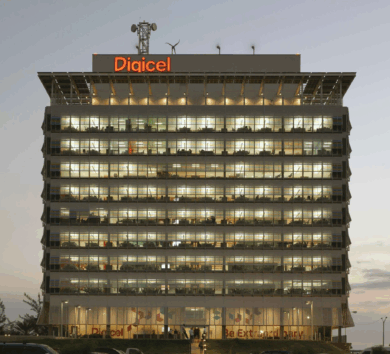

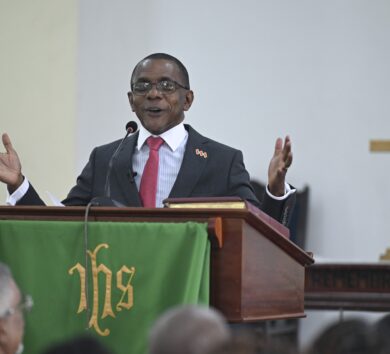
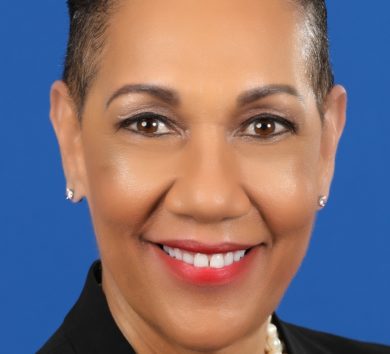

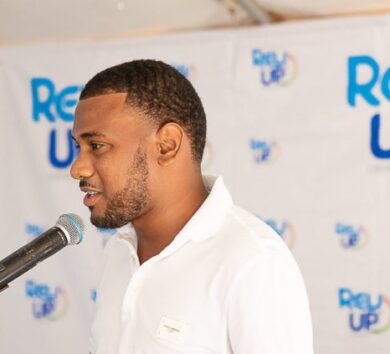
Comments